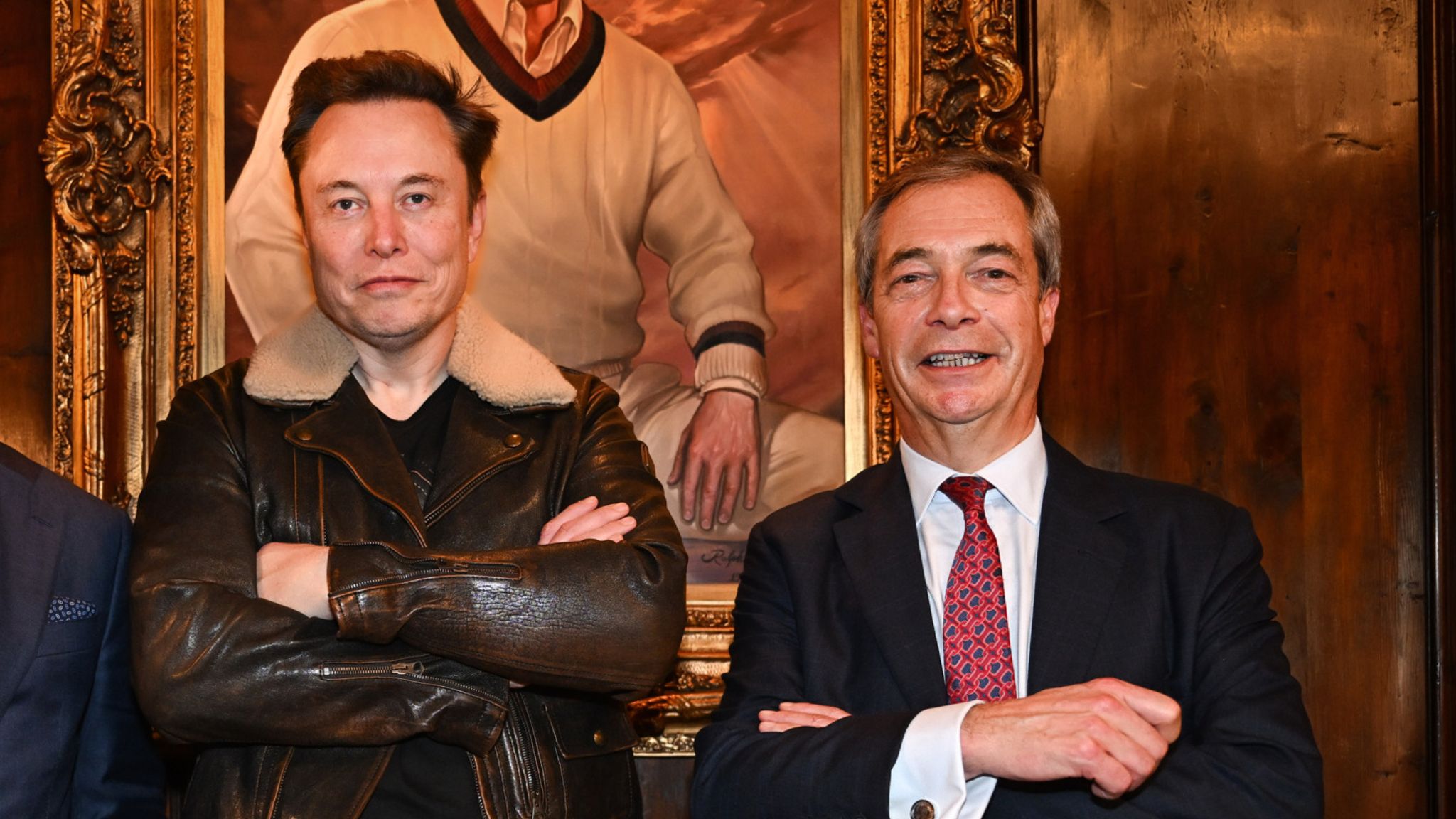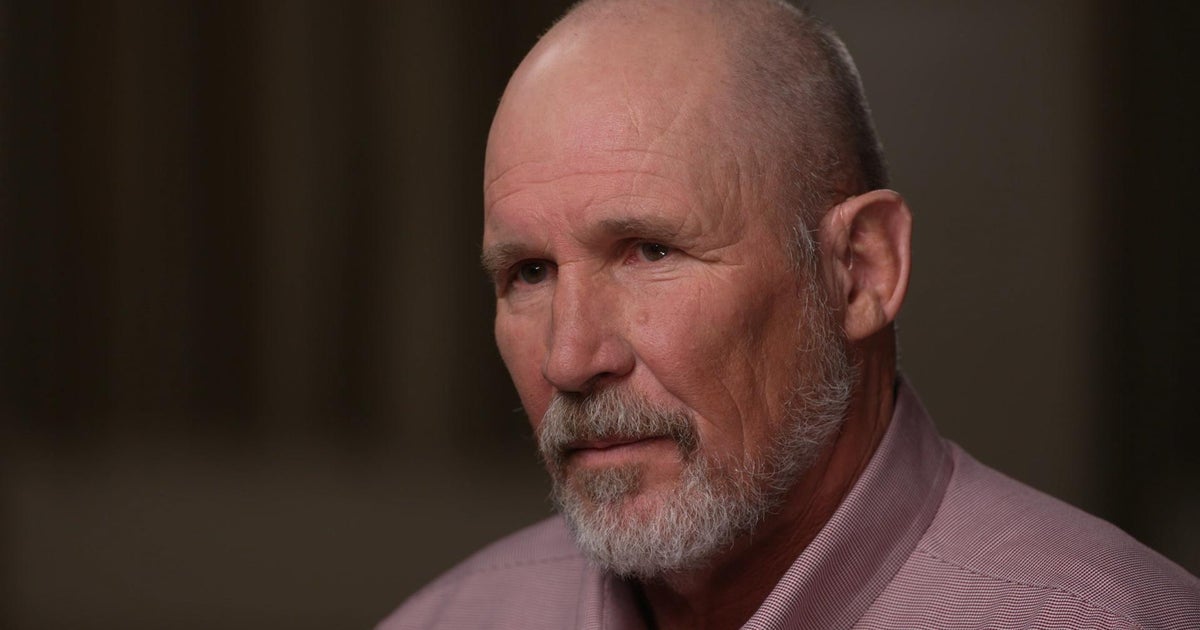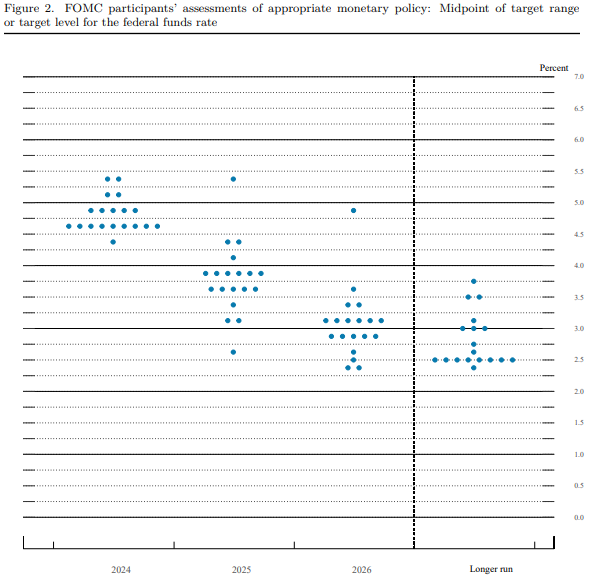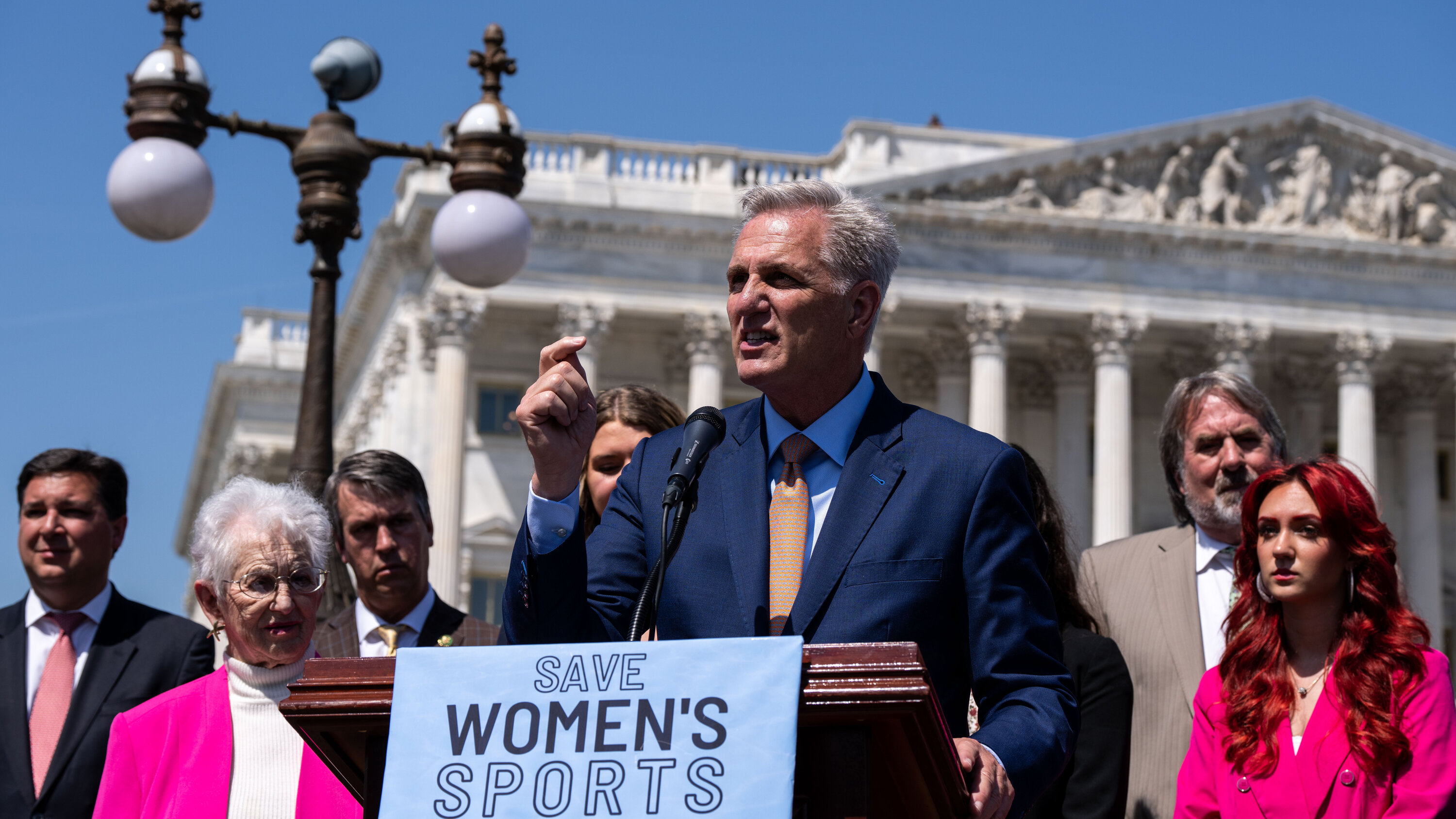Nigel Farage's Reform: Action Or Just More Rhetoric? A Critical Analysis.

Table of Contents
Examining Farage's Track Record: From UKIP to Reform UK
The UKIP Legacy: Successes, failures, and lasting impact on British politics.
Nigel Farage's rise to prominence was inextricably linked to the UK Independence Party (UKIP). UKIP, under his leadership, successfully tapped into public discontent with the European Union, masterfully utilizing anti-establishment rhetoric to gain significant traction.
- Successes: UKIP's success was undeniable. They consistently polled well, winning MEP seats and influencing the national political conversation. The party played a pivotal role in pushing the issue of EU membership to the forefront of British politics.
- Failures: Despite its electoral successes in the European Parliament, UKIP struggled to achieve similar breakthroughs in Westminster elections. Internal divisions and leadership changes hindered the party’s ability to consolidate its gains.
- Lasting Impact: UKIP’s impact is undeniable. It forced the Conservative Party to acknowledge the depth of Euroscepticism within the UK, ultimately leading to the Brexit referendum. The party also proved that a populist approach could be highly effective, influencing subsequent political strategies.
Reform UK's Platform: A closer look at their current policies and objectives.
Farage's current vehicle, Reform UK, presents a continuation of his populist approach. The party's platform is built around several key tenets:
- Brexit completion: Reform UK advocates for a complete break from the EU, advocating for a complete renegotiation of trade deals and a departure from EU regulations.
- Economic liberalism: The party champions deregulation, lower taxes, and reduced government spending.
- Anti-establishment stance: Reform UK continues to rail against the political establishment, portraying itself as the voice of the ordinary citizen.
The feasibility and potential impact of Reform UK's policies remain subjects of intense debate. Critics argue that their proposals are unrealistic or detrimental to the UK economy. Proponents counter that only radical change can address the issues facing the nation.
The Rhetoric of Reform: Analyzing Farage's Communication Style
Populism and Public Opinion: How Farage utilizes populist rhetoric to engage voters.
Farage is a master of populist rhetoric. He effectively uses simple, emotive language to connect with ordinary voters, often framing issues in terms of a battle between "the people" and a corrupt elite. His use of social media platforms further amplifies this message, bypassing traditional media gatekeepers.
- Examples: Farage's attacks on the EU bureaucracy, his criticisms of political correctness, and his focus on immigration are all prime examples of his populist messaging.
- Effectiveness: His approach has been highly effective in mobilizing support, particularly amongst those who feel disenfranchised by mainstream politics.
Promises versus Delivery: A comparison between Farage's stated goals and actual achievements.
Assessing whether Farage's promises translate into tangible results requires careful scrutiny. While he played a significant role in achieving Brexit, the resulting economic and political consequences have been complex and multifaceted. Many argue that the promised "better deal" post-Brexit has not fully materialized. This disparity between stated aims and outcomes raises questions about the effectiveness of his approach and the credibility of his claims. A detailed comparison of specific promises with actual achievements is essential for a comprehensive assessment.
The Impact of Farage's Actions on the Political Landscape
Brexit and its Aftermath: Analyzing Farage's role in shaping the Brexit debate and its consequences.
Farage's influence on Brexit is undeniable. He was a leading figure in the Leave campaign, leveraging his populist appeal to sway public opinion. The subsequent impact of Brexit on the UK economy, international relations, and social fabric is a subject of ongoing discussion and analysis. Assessing Farage's responsibility for the outcomes of Brexit is a complex and multifaceted task, requiring careful consideration of various factors.
The Shifting Political Spectrum: How Farage's actions have influenced the dynamics of British politics.
Farage's actions have significantly shifted the British political landscape. His success in mobilizing support for Brexit has emboldened other populist movements and forced mainstream parties to address issues previously considered marginal. The rise of other populist parties and the ongoing debates on immigration and national identity are all partially influenced by Farage's political actions.
Conclusion: Is Nigel Farage's Reform a Substantive Force or a Passing Fad?
This analysis reveals a complex picture. While Nigel Farage's actions, particularly his role in the Brexit campaign, have undeniably shaped the British political landscape, the extent to which this constitutes substantive reform remains debatable. His communication style, heavily reliant on populist rhetoric, has been highly effective in mobilizing support, but the translation of rhetoric into tangible policy outcomes has been inconsistent. The long-term impact of "Nigel Farage's Reform" on British politics remains to be seen. Continue the conversation about Nigel Farage's reform and its impact on British politics. Share your thoughts in the comments below!

Featured Posts
-
 Trump Supporter Ray Epps Defamation Lawsuit Against Fox News Jan 6 Falsehoods
May 10, 2025
Trump Supporter Ray Epps Defamation Lawsuit Against Fox News Jan 6 Falsehoods
May 10, 2025 -
 U S Federal Reserve Maintains Rates Inflation Unemployment Weigh Heavily
May 10, 2025
U S Federal Reserve Maintains Rates Inflation Unemployment Weigh Heavily
May 10, 2025 -
 Luis Enriques Psg Transformation How The French Side Secured Victory
May 10, 2025
Luis Enriques Psg Transformation How The French Side Secured Victory
May 10, 2025 -
 Transgender Military Ban Examining Trumps Policy And Its Impact
May 10, 2025
Transgender Military Ban Examining Trumps Policy And Its Impact
May 10, 2025 -
 Update Pam Bondi And The Upcoming Release Of Epstein Diddy Jfk And Mlk Files
May 10, 2025
Update Pam Bondi And The Upcoming Release Of Epstein Diddy Jfk And Mlk Files
May 10, 2025
